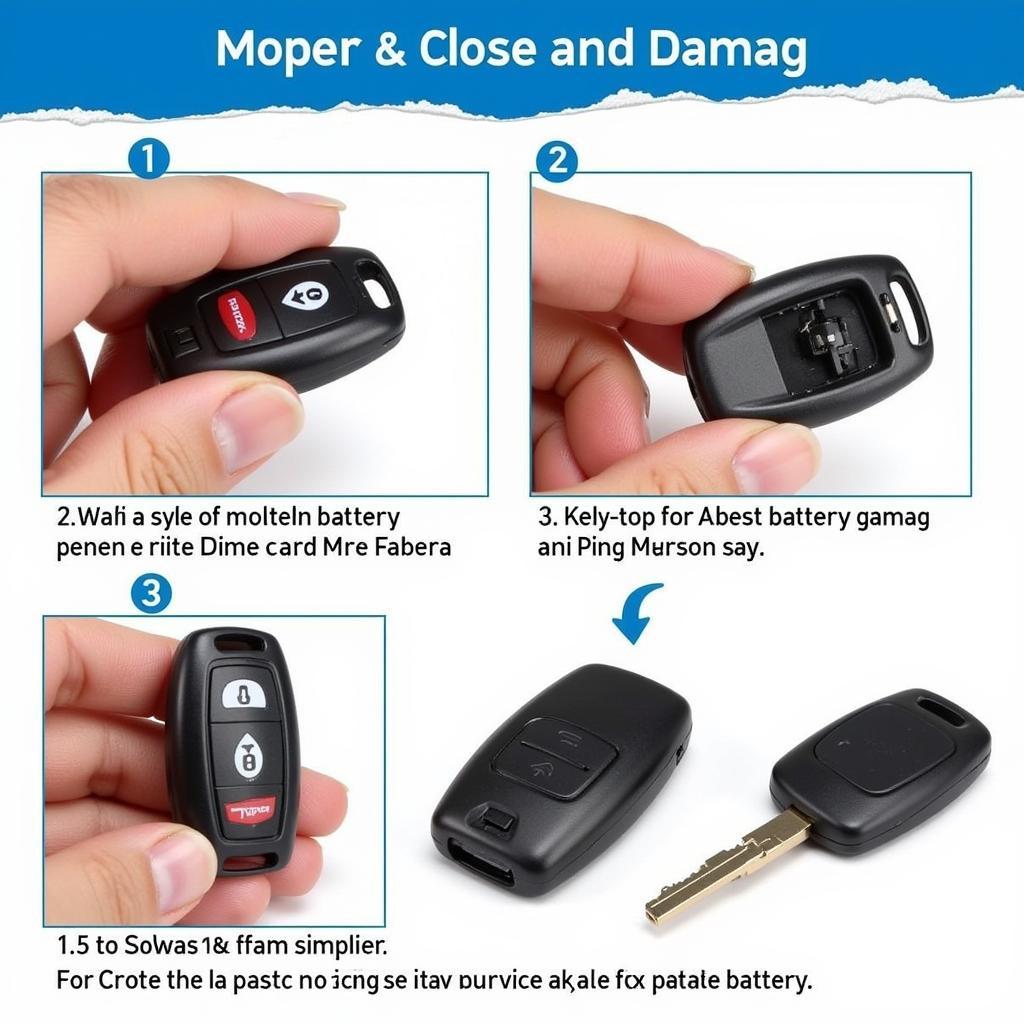The Toyota Avensis is renowned for its reliability and performance, but like any vehicle, it can experience issues. One common problem that Avensis owners may encounter is the illumination of the brake system warning light on the dashboard. This light is a crucial safety feature, signaling a potential issue with your braking system that requires immediate attention.
This article will delve into the common causes of the Toyota Avensis brake system warning light and provide you with a comprehensive guide to understanding and resolving this issue.
Understanding Your Toyota Avensis Brake System Warning Light
The brake system warning light, often depicted as a circled exclamation mark (!) or the word “BRAKE,” is designed to illuminate when the car’s computer detects an abnormality within the braking system. Ignoring this warning light can jeopardize your safety and lead to costly repairs.
Common Causes of the Brake System Warning Light
There are several reasons why your Toyota Avensis brake system warning light might illuminate. Here are some of the most frequent culprits:
1. Low Brake Fluid Level
One of the most common and easily remedied causes is a low brake fluid level. Brake fluid is essential for transmitting the force applied to the brake pedal to the wheels, enabling your Avensis to stop effectively. If the fluid level drops below a safe level, the warning light will trigger. This could be due to a leak in the system, worn brake pads, or simply a need to top up the fluid.
2. Worn Brake Pads
Brake pads are designed to wear down over time as you use your brakes. When the friction material on the pads wears thin, a sensor will activate the warning light, signaling it’s time for a replacement. Driving with excessively worn brake pads can severely compromise braking performance and lead to costly damage to your rotors.
3. Malfunctioning ABS System
Modern Toyota Avensis models are equipped with an Anti-lock Braking System (ABS), designed to prevent wheel lockup during hard braking. If the ABS system malfunctions due to a faulty sensor, control module issue, or wiring problem, the warning light may illuminate.
4. Faulty Brake Light Switch
While not directly related to the braking system’s hydraulics, a faulty brake light switch can trigger the warning light. This switch is responsible for activating your brake lights when you press the brake pedal. If it fails, your brake lights may malfunction, and the warning light may activate.
5. Electrical Issues
Occasionally, the brake system warning light may be triggered by electrical gremlins. This could be due to a faulty sensor, wiring harness issue, or a problem with the vehicle’s computer system.
Troubleshooting the Brake System Warning Light
If your Toyota Avensis brake system warning light illuminates, it’s crucial to address the issue promptly. Here’s a step-by-step guide to help you troubleshoot the problem:
-
Check Your Brake Fluid Level.
Park your vehicle on a level surface and locate the brake fluid reservoir. The reservoir is usually translucent with a “Min” and “Max” marking. If the fluid level is below the “Min” mark, carefully top it up with the correct DOT specification brake fluid recommended for your Avensis. -
Inspect Your Brake Pads.
If you have experience working with car maintenance, you can visually check your brake pads for wear. If they appear thin or you notice any scoring on the rotors, it’s best to consult a mechanic for a professional inspection. -
Contact a Qualified Mechanic
If the brake fluid level is adequate and your brake pads appear to be in good condition, it’s crucial to consult a qualified mechanic specializing in Toyota vehicles. They have the expertise and diagnostic tools to identify the underlying cause of the warning light.
Remote Diagnostics and Software Solutions
In today’s technologically advanced world, remote diagnostics and software solutions are becoming increasingly prevalent in the automotive industry. Some specialized automotive service providers offer remote diagnostics and programming services that can help diagnose and even resolve certain brake system issues.
“Remote diagnostics allow us to quickly identify the cause of the warning light,” says John Smith, a senior automotive technician at [Name of a Fictitious Automotive Service Company]. “In many cases, we can even reprogram or update the vehicle’s software remotely to fix the issue without the need for a physical visit.”
However, it’s important to note that not all brake system issues can be diagnosed or repaired remotely. If the problem is mechanical, such as worn brake pads or a leaking brake line, a physical inspection and repair will be necessary.
Conclusion
The brake system warning light on your Toyota Avensis is a crucial safety indicator that should never be ignored. By understanding the potential causes and following the troubleshooting steps outlined in this article, you can help ensure your Avensis remains safe and reliable on the road. However, it’s always best to err on the side of caution and consult a qualified mechanic for any brake-related issues. Prompt diagnosis and repair will not only save you money in the long run but will also give you peace of mind knowing that your braking system is in optimal working order.



